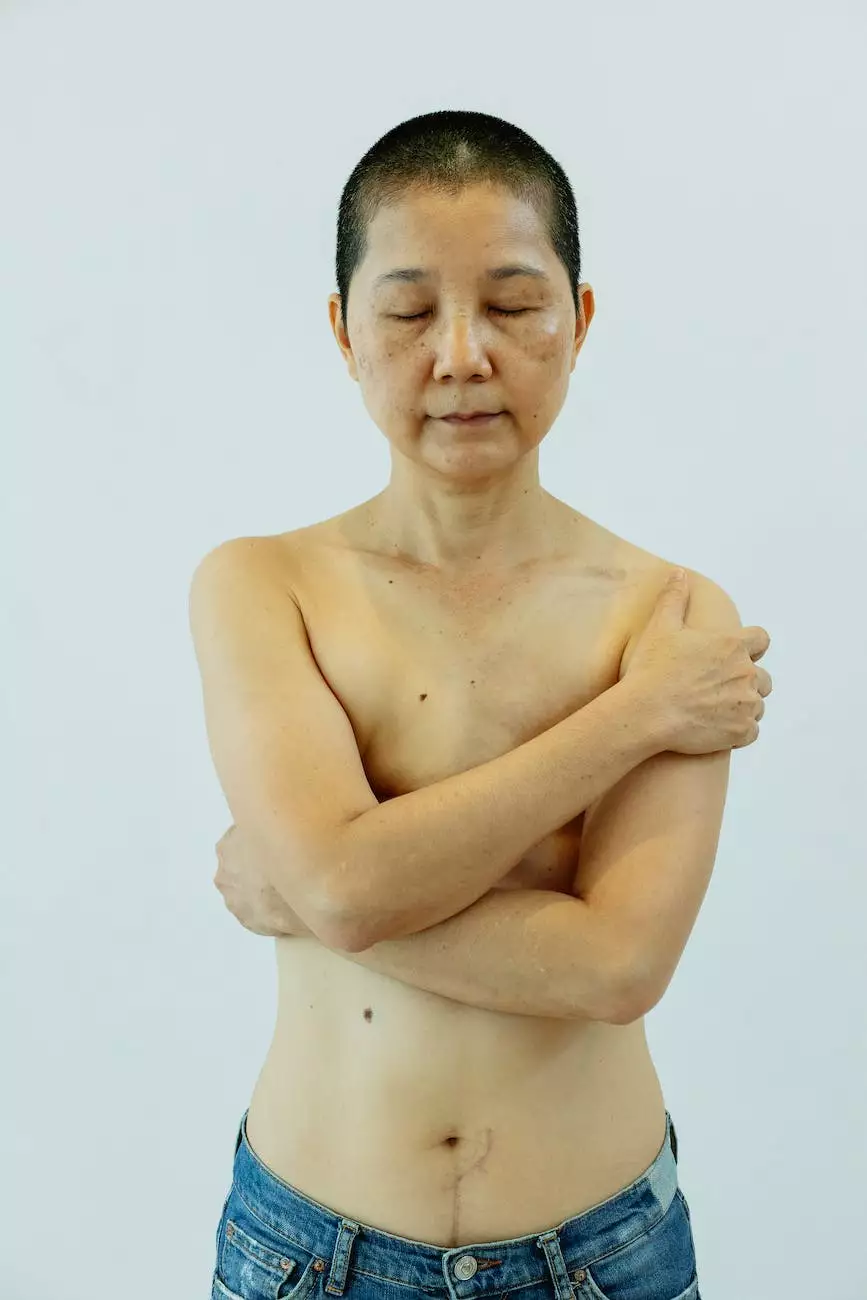Physical Therapy Education: Building a Strong Foundation

In today's rapidly evolving healthcare industry, staying ahead of the curve is essential for both patients and practitioners. With a focus on delivering exceptional care and achieving optimal outcomes, physical therapy education plays a crucial role in building a strong foundation for success in the field of rehabilitation. As leaders in health & medical, chiropractors, and physical therapy education, IAOM US understands the significance of high-quality training and continues to pave the way for excellence.
Why is Physical Therapy Education Important?
Physical therapy education forms the bedrock for aspiring professionals in the field, equipping them with the necessary skills, knowledge, and expertise to excel in their careers. Let's explore why a solid educational foundation is essential:
1. Comprehensive Understanding of Human Anatomy
Physical therapists rely on their deep understanding of human anatomy to diagnose and treat a variety of conditions. Through rigorous coursework and hands-on practical training, students gain a comprehensive understanding of the musculoskeletal system, nervous system, and other critical components of the human body. This knowledge enables them to develop effective treatment plans tailored to individual patients.
2. Evidence-Based Practice
In the ever-evolving field of healthcare, evidence-based practice plays a pivotal role. Physical therapy education emphasizes the importance of utilizing the latest research and evidence to inform clinical decision-making. By staying abreast of the most current scientific findings, practitioners can provide the highest level of care and achieve better patient outcomes.
3. Specialization and Advanced Techniques
Achieving excellence in physical therapy often involves specialization in specific areas such as sports rehabilitation, orthopedics, neurology, pediatrics, or geriatrics. Through advanced coursework and specialized training programs, physical therapy education allows practitioners to develop expertise in their chosen specialty. This specialization enables them to provide targeted and effective treatments for patients with diverse needs.
IAOM US: A Leader in Physical Therapy Education
When it comes to physical therapy education, IAOM US stands out as a pioneer and industry leader. With a wide range of programs and courses tailored to the needs of professionals in health & medical, chiropractors, and physical therapy, IAOM US is committed to shaping the future of rehabilitation. Here's what sets IAOM US apart:
1. Expert Faculty
At IAOM US, education is delivered by a team of renowned experts and experienced practitioners. These highly qualified faculty members bring their extensive clinical experience and research expertise to the classroom, ensuring that students receive instruction from the best in the field. With their guidance, students gain invaluable insights and benefit from real-world examples.
2. Practical Hands-on Training
IAOM US emphasizes hands-on training, providing students with ample opportunities to apply their theoretical knowledge in real-world scenarios. Practical skills are honed through interactive workshops, case studies, and supervised clinical rotations. This practical approach ensures that graduates are well-prepared to navigate the challenges of the profession and deliver exceptional care.
3. Cutting-Edge Curriculum
With a commitment to staying at the forefront of industry advancements, IAOM US continuously updates its curriculum to incorporate the latest research and best practices. By ensuring that students have access to cutting-edge information and techniques, IAOM US prepares them to excel in a dynamic healthcare landscape.
4. Networking and Collaboration Opportunities
IAOM US fosters a supportive and collaborative learning environment, facilitating networking opportunities with fellow students, alumni, and industry professionals. Through conferences, seminars, and ongoing professional development, IAOM US encourages the exchange of ideas and the establishment of lifelong connections within the field of physical therapy.
The Impact of Physical Therapy Education
Physical therapy education goes beyond just the professionals. Patients also benefit significantly from practitioners equipped with a solid educational foundation. Here's how physical therapy education positively impacts patients:
1. Personalized Treatment Plans
Physical therapists with a robust educational background are adept at developing personalized treatment plans tailored to each patient's unique needs and goals. By considering the individual's medical history, lifestyle, and overall well-being, therapists can provide targeted interventions that maximize the likelihood of successful outcomes.
2. Enhanced Quality of Care
Physical therapy education enhances the quality of care provided to patients by fostering a deeper understanding of the intricacies involved in rehabilitation. By staying updated on best practices, practitioners can adopt innovative techniques and utilize state-of-the-art equipment, ultimately leading to an improved overall patient experience.
3. Prevention and Wellness Promotion
Health education is a crucial component of physical therapy programs, empowering patients with the knowledge and tools to prevent future injuries and improve overall wellness. By educating patients on proper body mechanics, ergonomics, and the benefits of regular exercise, physical therapists contribute to long-term health and well-being.
The Future of Physical Therapy Education
As technology continues to advance and new discoveries reshape the healthcare landscape, the future of physical therapy education holds immense potential. Some key areas that are expected to shape the future of the profession include:
1. Telehealth and Digital Therapeutics
The integration of telehealth and digital therapeutics is revolutionizing the delivery of healthcare services. Physical therapy education programs are increasingly incorporating telehealth training, enabling practitioners to provide remote consultations, monitoring, and personalized rehabilitation programs to patients in a convenient and accessible manner.
2. Interdisciplinary Collaboration
The significance of interdisciplinary collaboration is gaining recognition within the healthcare industry. Future physical therapy education programs are likely to emphasize collaboration with other healthcare professionals such as physicians, occupational therapists, and psychologists. This collaborative approach will enable holistic and integrated care for patients, maximizing outcomes.
3. Lifelong Learning and Professional Development
Continuing education and professional development will become even more integral to the future of physical therapy education. As new research and advancements emerge, practitioners must continually update their knowledge and skills to provide the highest standard of care. Lifelong learning programs will support professionals in staying current and evolving with the evolving landscape.
Conclusion
In conclusion, physical therapy education is paramount for building a strong foundation for success in the field. IAOM US, as a leading provider in health & medical, chiropractors, and physical therapy education, understands the essential role of comprehensive training and is committed to empowering professionals to make a significant impact in the lives of their patients. By prioritizing quality education, practitioners can provide personalized care, embrace evidence-based practices, and contribute to the advancement of the physical therapy profession.




